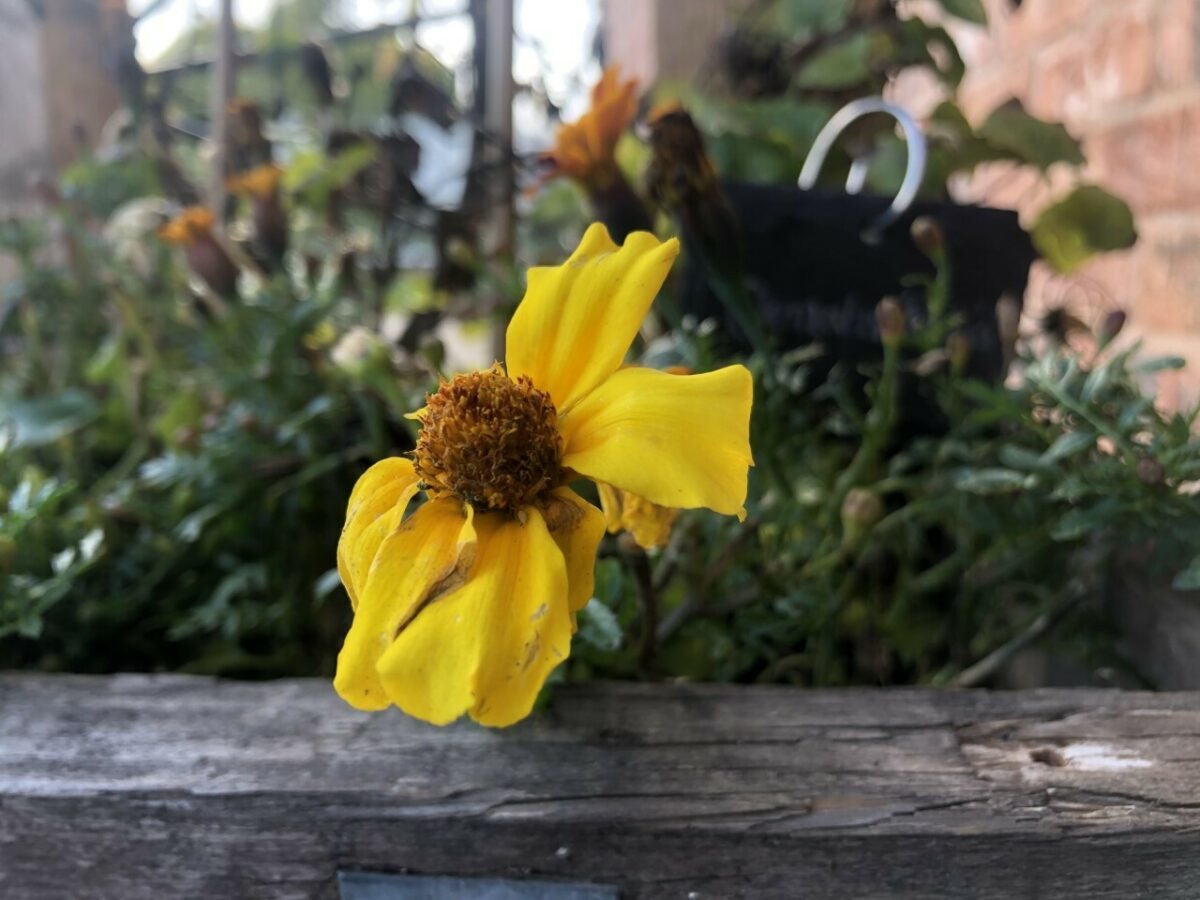
Is your garden a treasure trove of underused resources?
We know plants provide food – healthy vegetables, herbs and fruit. But what else can gardeners grow them for?

We know plants provide food – healthy vegetables, herbs and fruit. But what else can gardeners grow them for?
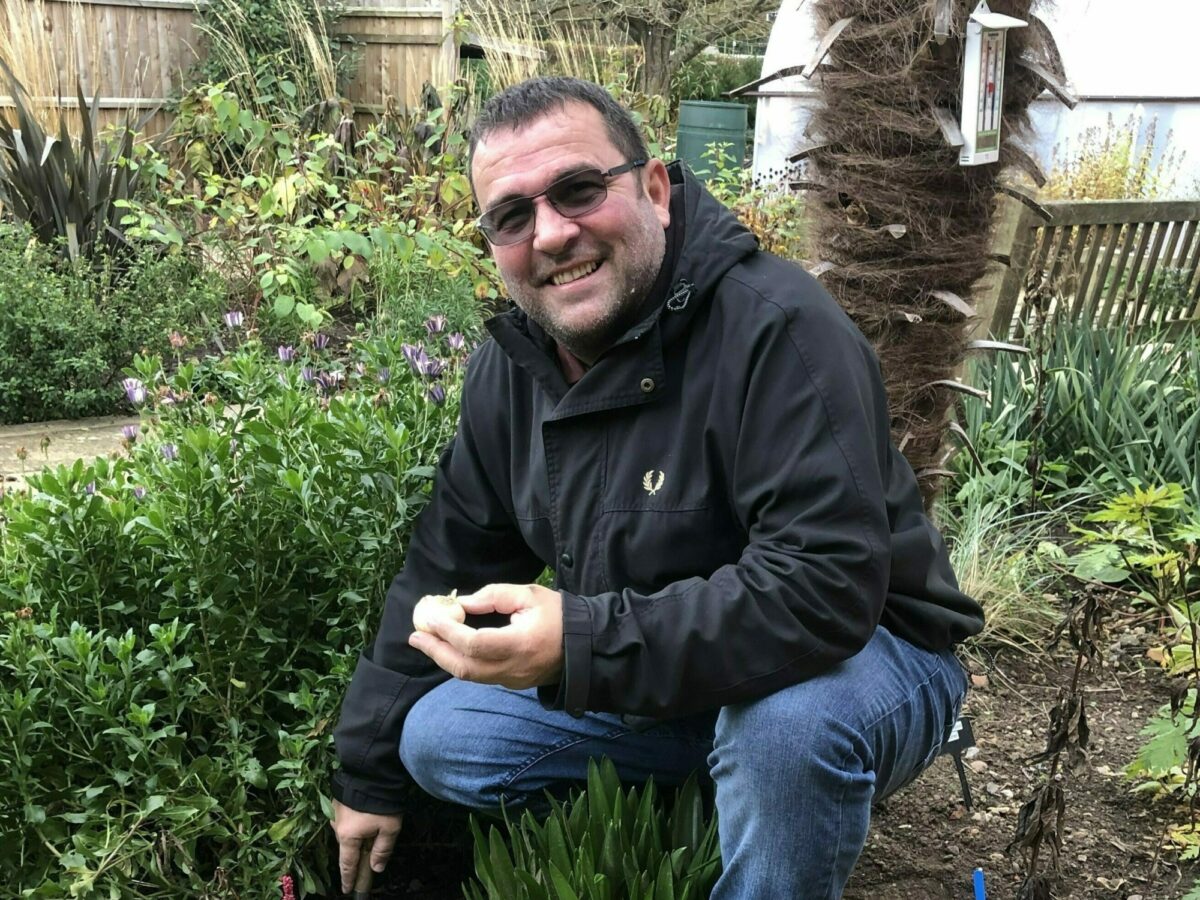
It is an unusual month December, the first couple of weeks are busy as we rush to get everything done before the holidays and then things tend to go very quiet. Consequently, I’ve not had much time for the allotment and have been suffering from withdrawal symptoms.
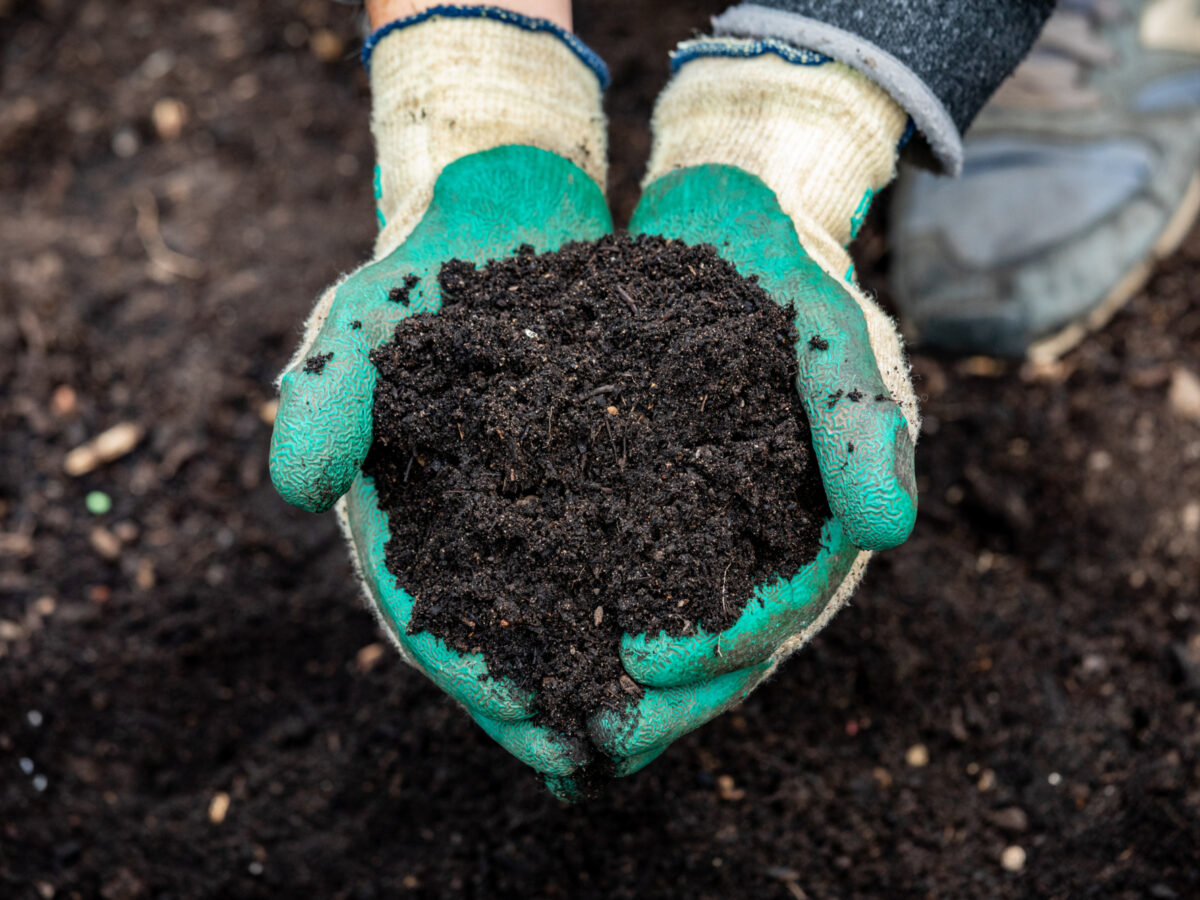
World Soil Day is celebrated today, 5th December. 95% of our food comes from the soil, but a third of our global soils are already degraded.
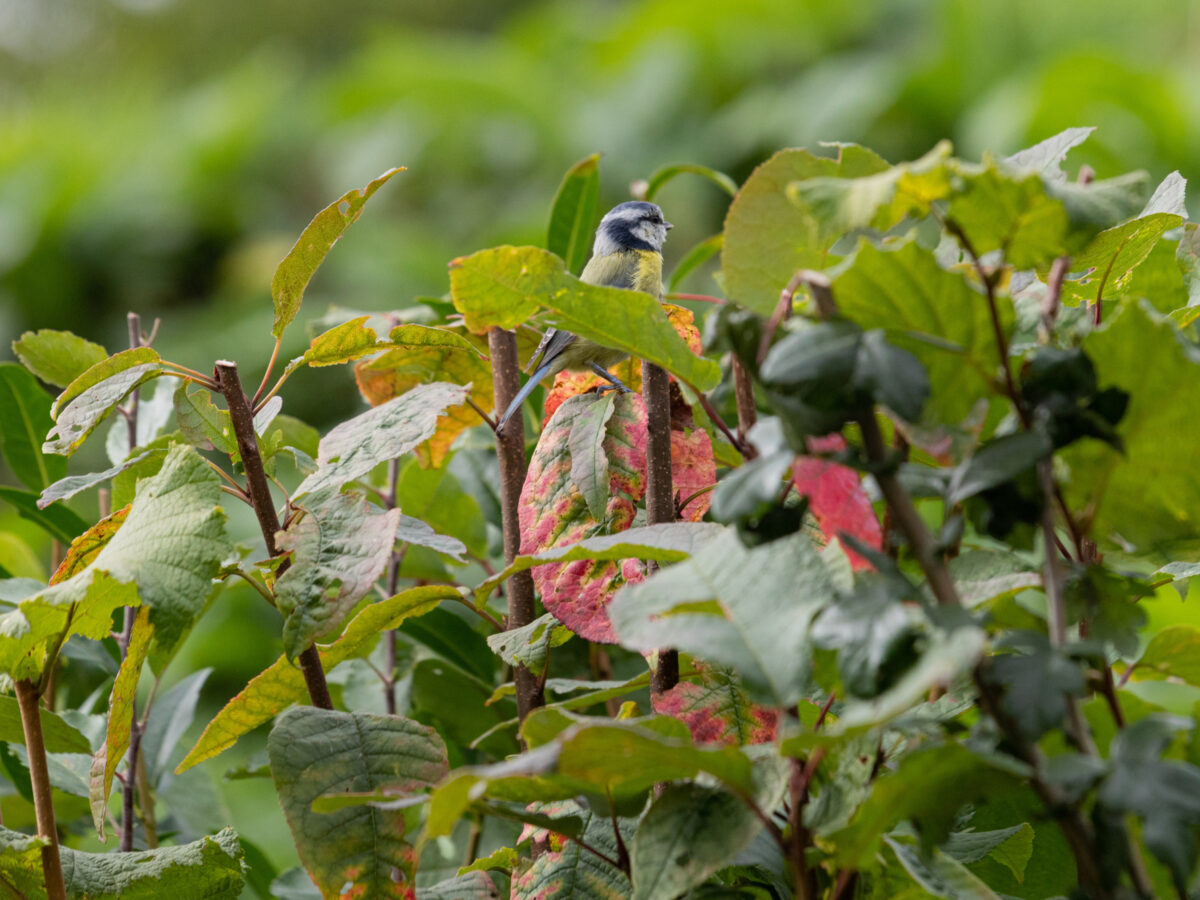
Common pesticides can have disastrous effects on migrating birds. Research has shown that they lose body mass, and the ability to orientate.
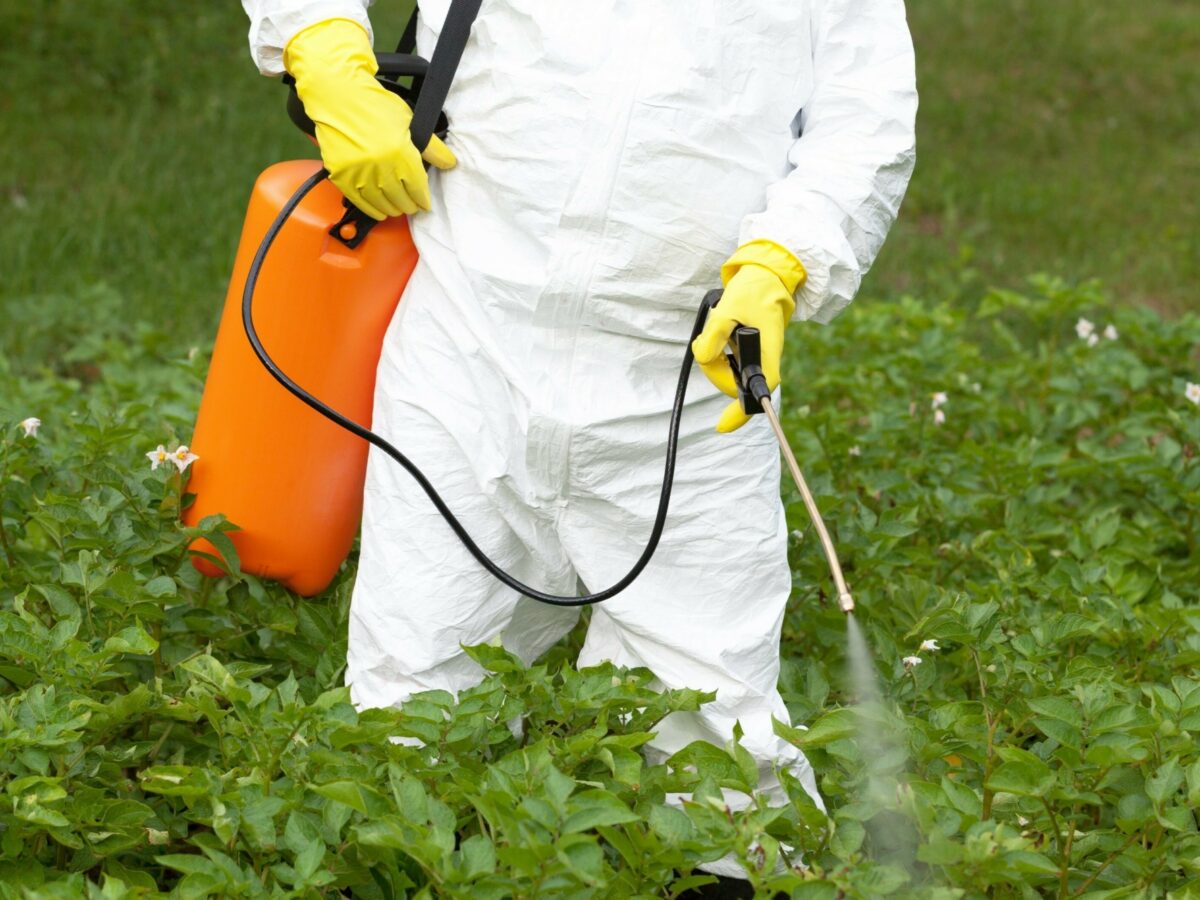
The EU have finally voted to renew the licence for glyphosate. But only for 5 years. It has taken 18 months of battling between the agrichemical industry, who wanted a full 15 years licence renewal, and concerned individuals, NGOs and environmental organisations who wanted the substance banned.
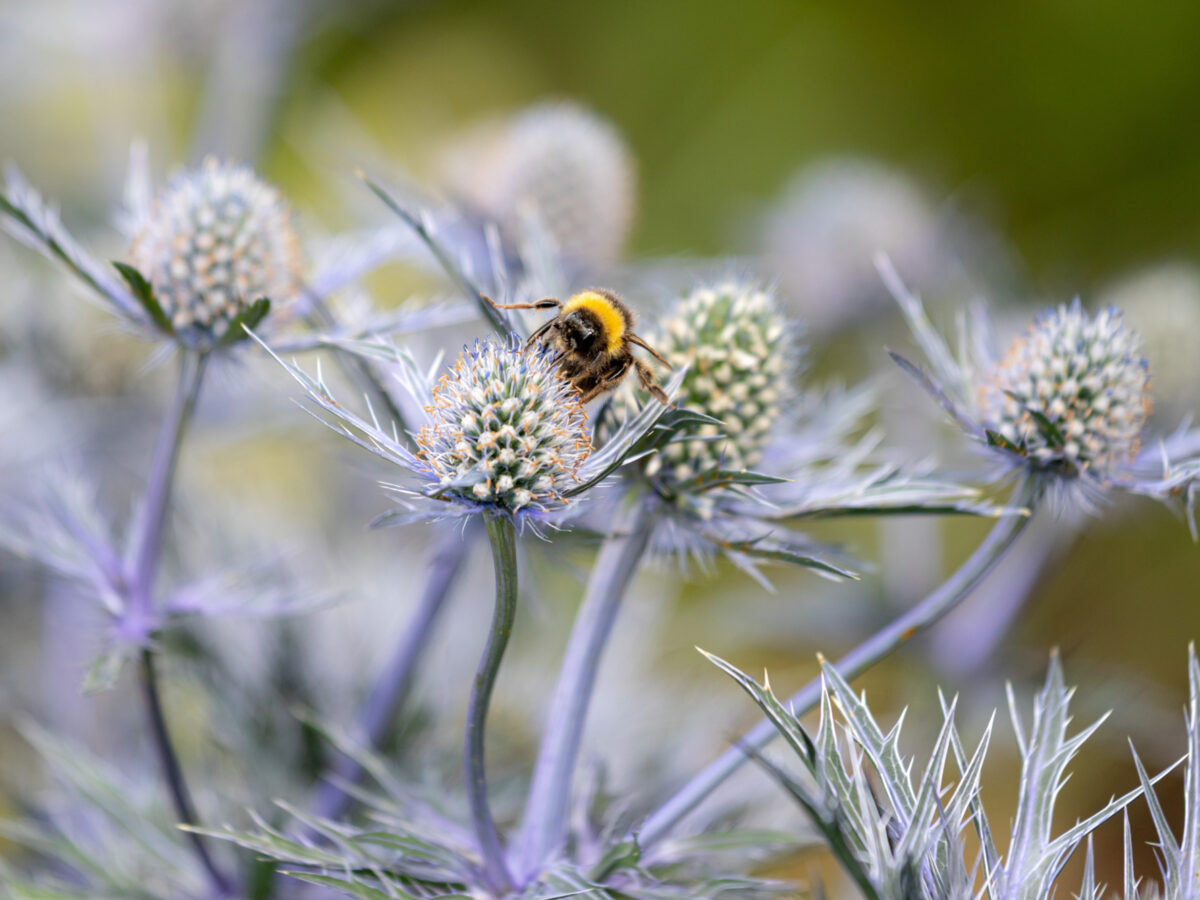
The Royal Horticultural Society has admitted to reviewing its 'Perfect for Pollinators' scheme, after research showed plants in garden centres contained a mixture of pesticides which could harm the pollinators.

Earlier this year, over three thousand Garden Organic members signed a petition on glyphosate. This week it was presented to the EU parliament.
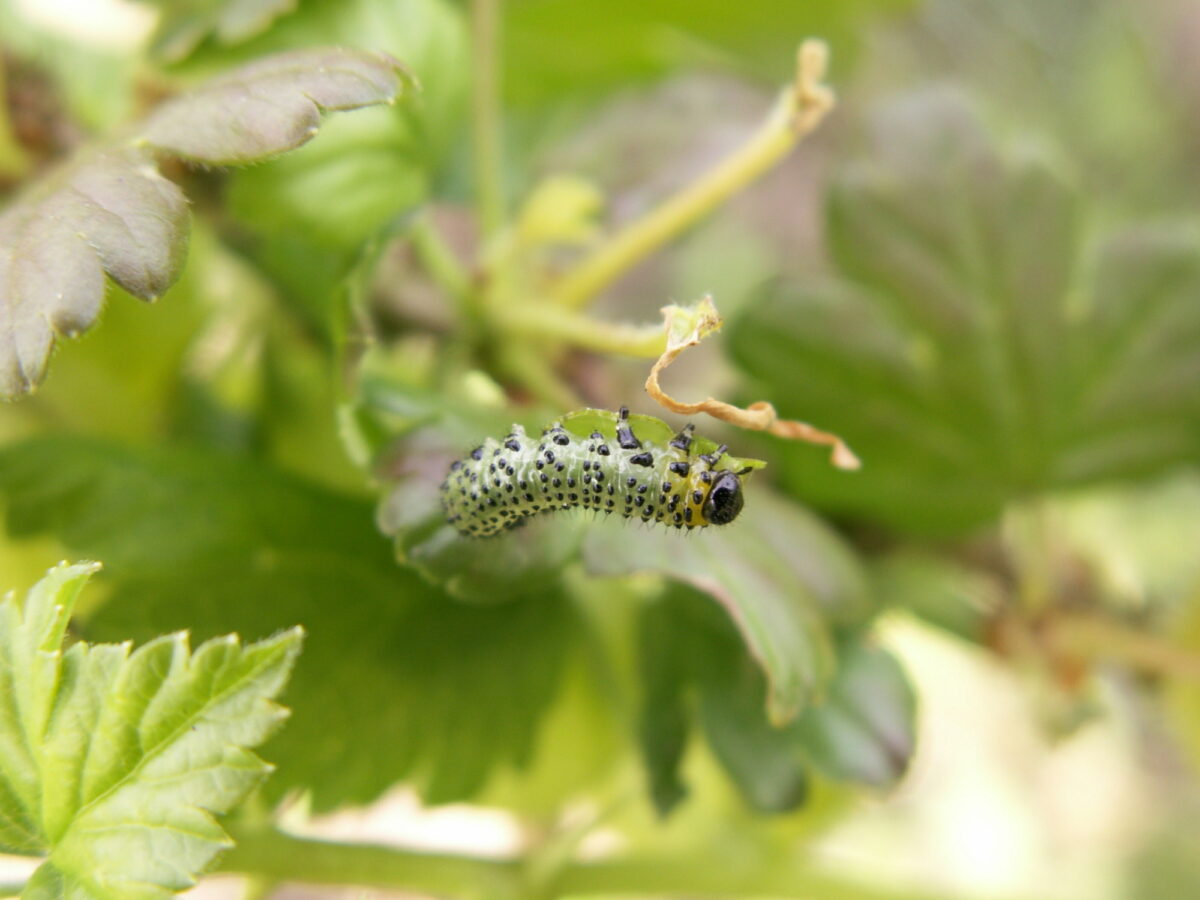
Shocking facts on pesticide use were revealed yesterday, at a high level debate on Pesticides and food: is low dose exposure harmful? Held at the Royal Society of Medicine.

European ministers have once again reached stalemate on whether to relicense the weed killer chemical glyphosate.
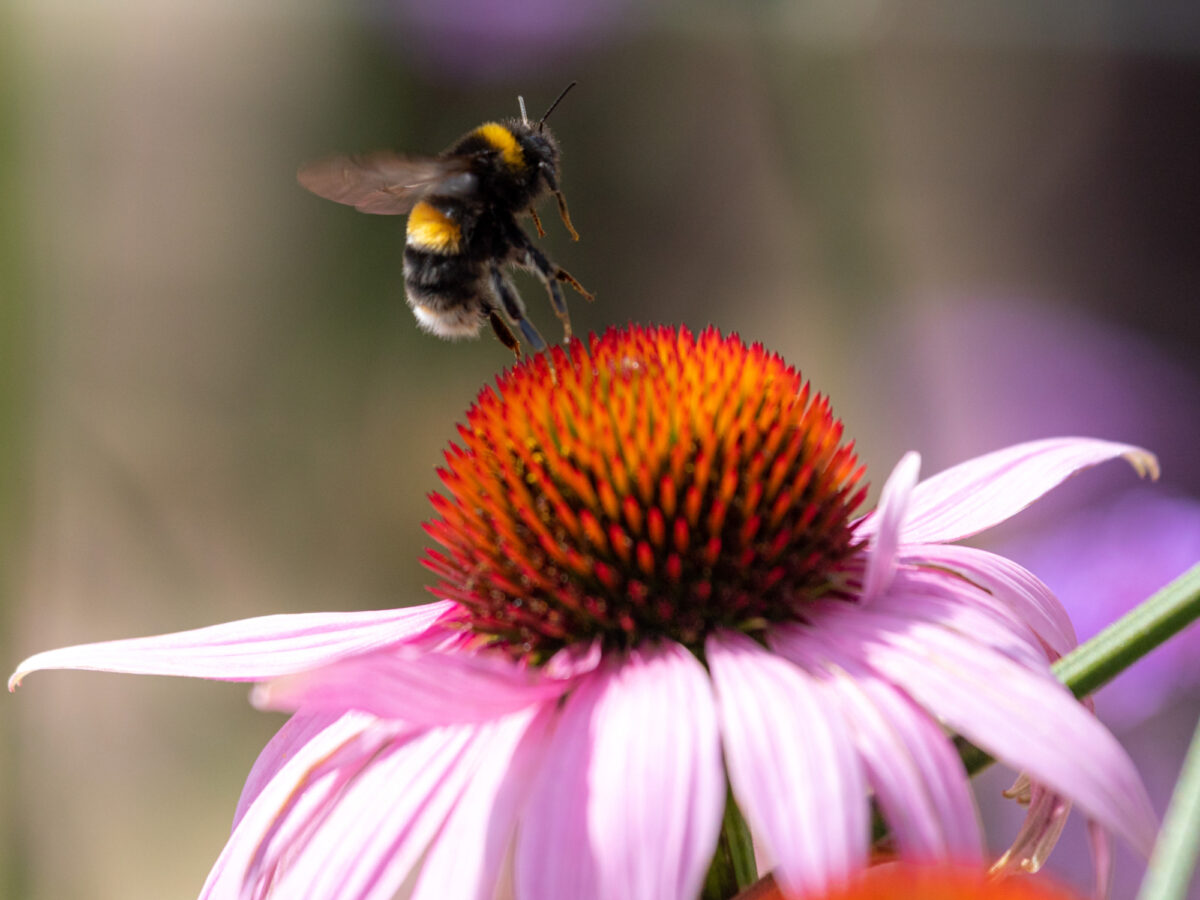
Michael Gove, Minister for the Environment, has committed the UK to backing a ban on bee-harming pesticides.